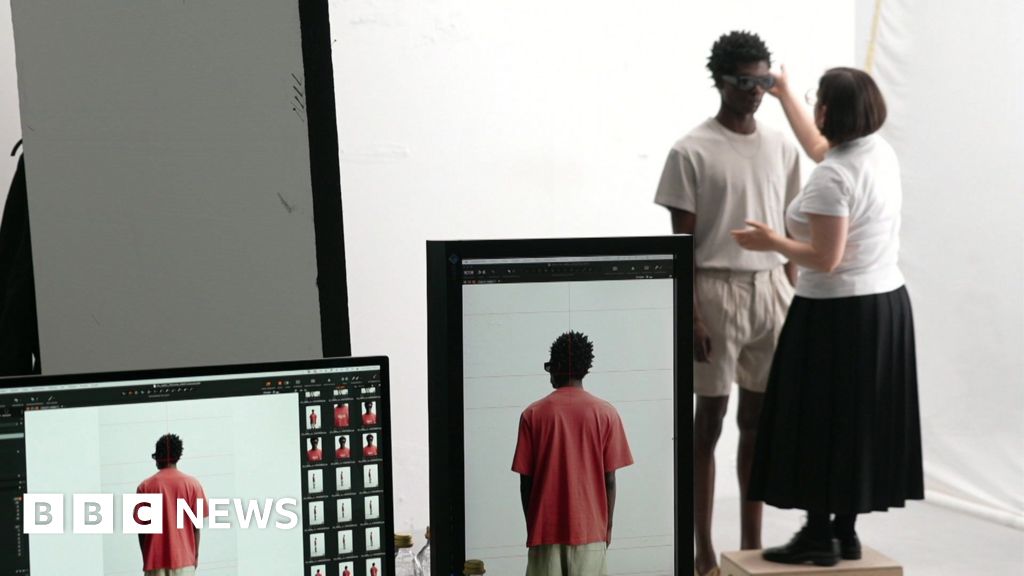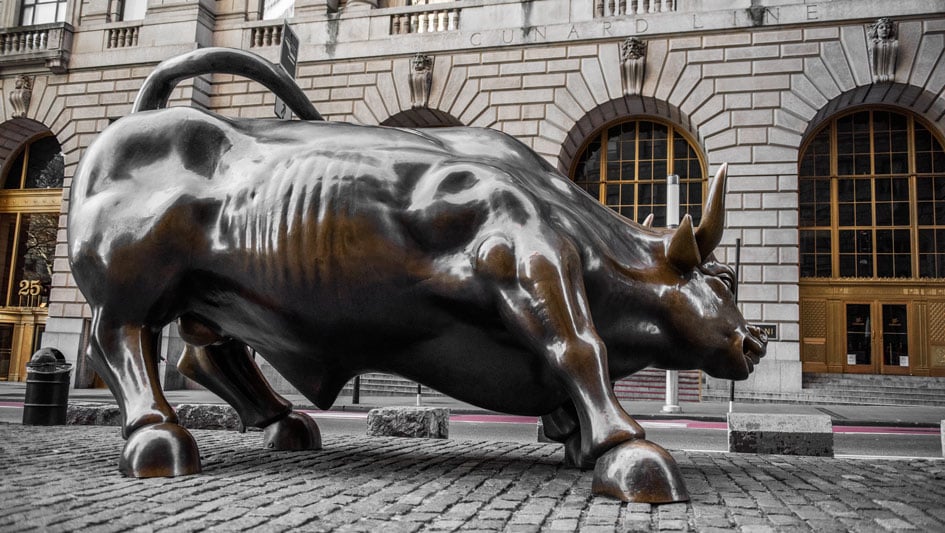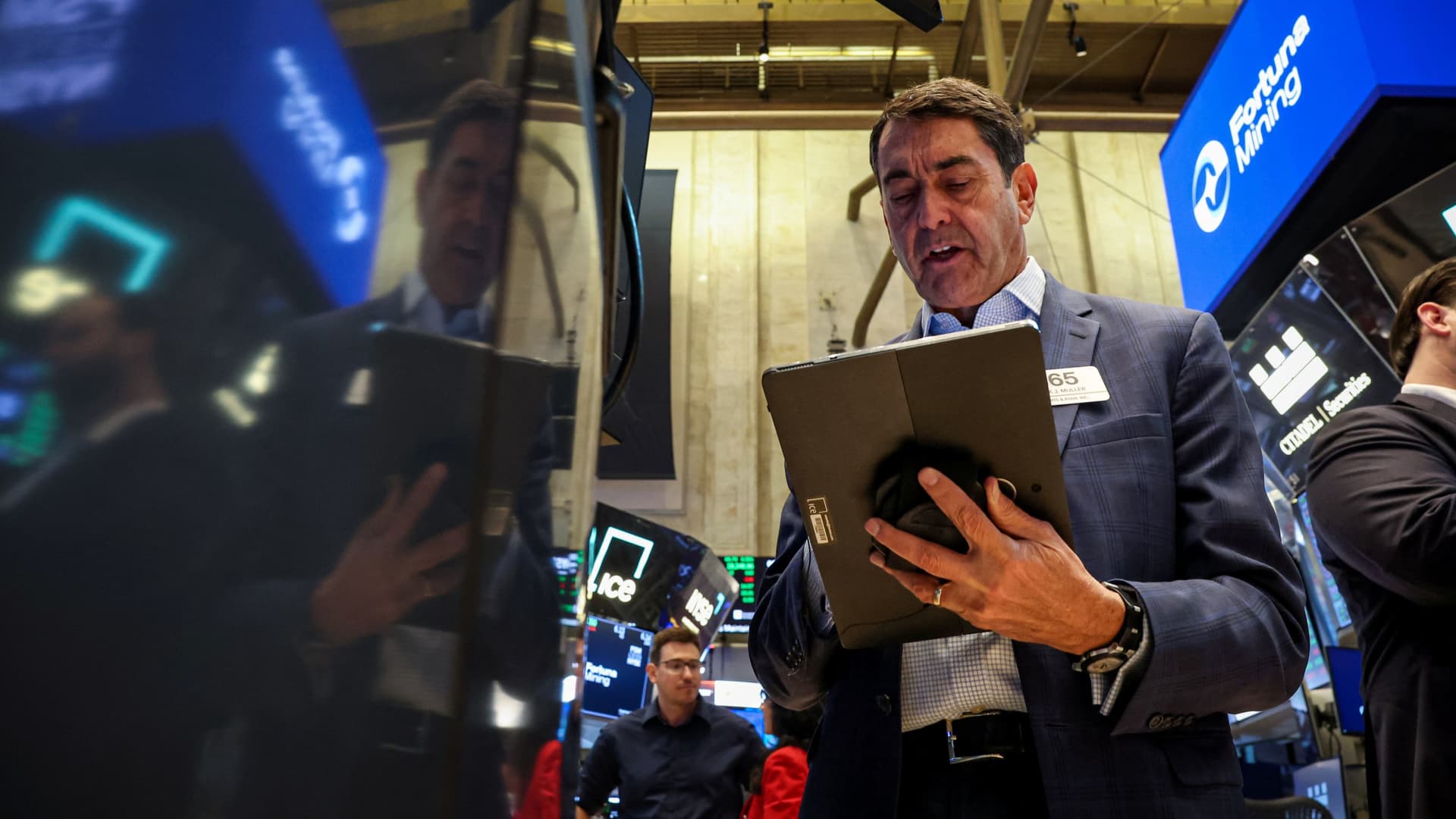
In a rare, behind-the-scenes report, BBC’s Emma Simpson steps into the world of Zara, offering audiences a unique look at how the fashion juggernaut operates behind closed doors. Zara, the flagship brand of Inditext — one of the world’s largest fashion retailers — is renowned for its ability to bring new fashion designs from sketchbook to store in just a matter of weeks.
This access sheds light on the company’s tightly controlled and integrated supply chain, a system that allows Zara to rapidly adapt to changing fashion trends and consumer demands around the globe. Zara’s business model is atypical in the fashion industry; while many brands rely heavily on outsourcing and extended supply chains, Zara retains significant control over its production processes. Central elements of Zara’s strategy include in-house design teams, production facilities in proximity to its headquarters in Spain, and frequent updates to its product lines based on real-time customer feedback.
Simpson’s report delves into how data plays a crucial role in Zara’s decision-making. Store managers and staff contribute valuable on-the-ground insights that are funneled into the headquarters, where designers and planners quickly react by adjusting stock or creating entirely new lines.
This archaeological dig into the inner workings of Zara not only illuminates the brand’s efficiency and customer-focus, but also raises important questions about the sustainability of such fast-paced fashion cycles, a topic receiving increasing attention from environmental advocates and industry watchdogs.
With its signature blend of speed, adaptability, and control, Zara continues to set a benchmark for fashion retail — one that others in the industry are watching closely even as pressure mounts for greater transparency and environmental responsibility.
Source: https:// – Courtesy of the original publisher.








